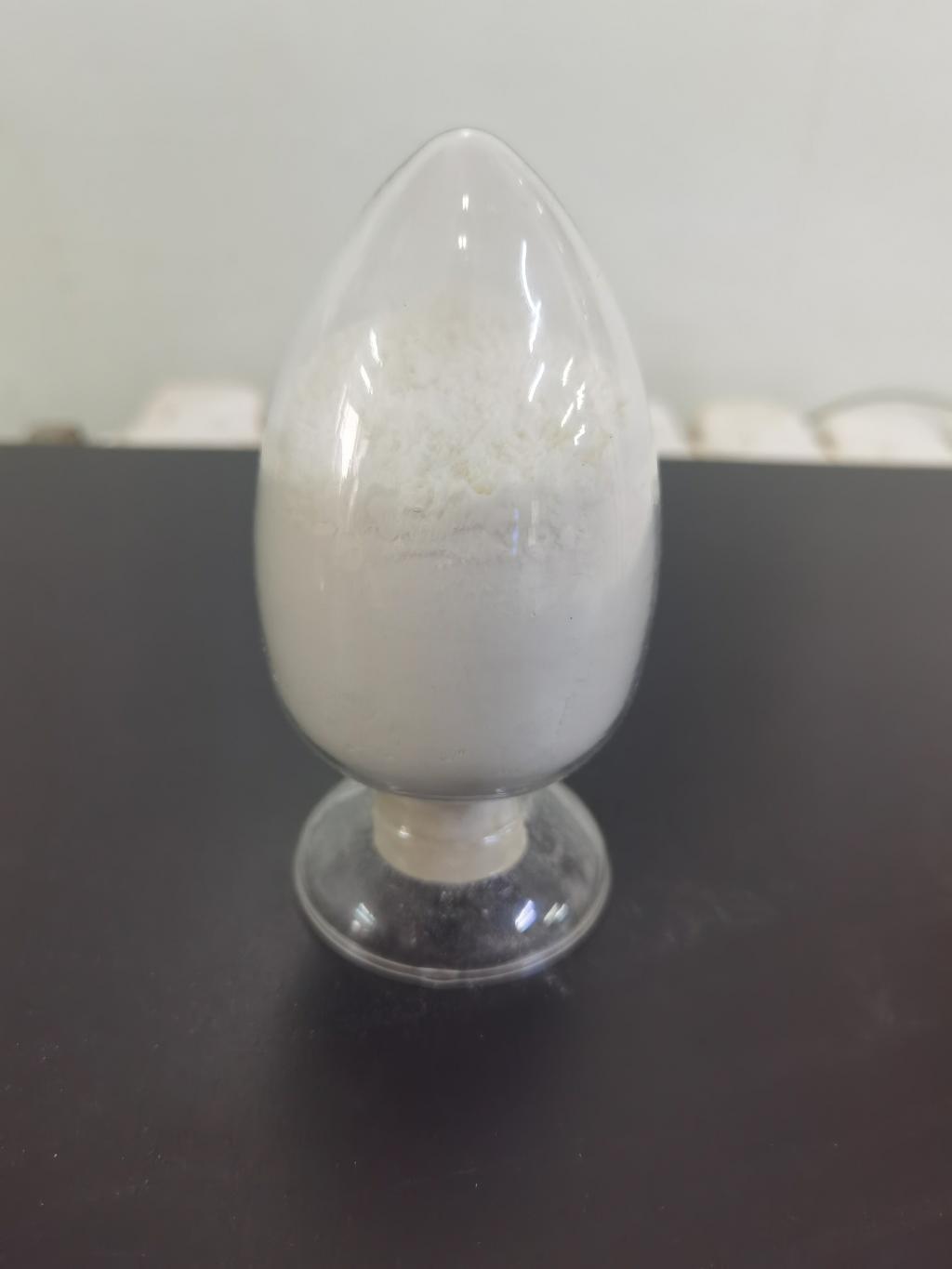Tel:+8618231198596

News
 CONTACT
CONTACT
 CONTACT
CONTACT
- Linkman:Linda Yao
- Tel: +8618231198596
- Email:linda.yao@dcpharma.cn
- Linkman:CHARLES.WANG
- Department:Overseas
- Tel: 0086 0311-85537378 0086 0311-85539701
News
ε-Polylysine Hydrochloride's Application in Curbing Microbial Spoilage in Dairy Products.
TIME:2023-10-08
Understanding ε-Polylysine Hydrochloride
ε-Polylysine hydrochloride, often referred to simply as polylysine, is a natural antimicrobial compound produced by certain strains of bacteria, including Streptomyces albulus. It is a linear homopolymer consisting of ε-amino-L-lysine residues connected by peptide bonds. Polylysine is water-soluble, heat-stable, and generally recognized as safe (GRAS) by regulatory agencies, such as the U.S. Food and Drug Administration (FDA) and the European Food Safety Authority (EFSA).
Mechanism of Action
Polylysine's antimicrobial activity arises from its ability to disrupt microbial cell membranes and inhibit vital cellular processes. The primary mechanisms of action include:
Membrane Disruption: Polylysine molecules can interact with microbial cell membranes, causing destabilization and permeability changes. This disruption compromises the integrity of the cell, leading to the leakage of cellular contents and eventual cell death.
Inhibition of Cellular Enzymes: Polylysine can inhibit the activity of microbial enzymes involved in essential metabolic processes, such as DNA replication, protein synthesis, and cell wall formation. This interference disrupts microbial growth and reproduction.
pH Regulation: Polylysine can influence the pH balance within microbial cells, leading to intracellular acidification. This altered pH environment disrupts cellular functions and inhibits microbial growth.
Applications in Dairy Products
Polylysine's unique properties make it an ideal candidate for curbing microbial spoilage in dairy products. Its applications in the dairy industry encompass various products and stages of production.
Milk Preservation: Raw milk is susceptible to bacterial contamination, which can lead to spoilage and safety concerns. Polylysine can be added during milk collection or pasteurization to inhibit the growth of spoilage bacteria and extend the shelf life of milk.
Cheese Production: Cheese, particularly soft and semi-soft varieties, is prone to microbial contamination, resulting in off-flavors and spoilage. Polylysine can be added directly to the cheese curd or as part of the brine solution to inhibit the growth of unwanted microorganisms, ensuring cheese quality and safety.
Yogurt and Fermented Products: Yogurt and other fermented dairy products rely on specific bacterial cultures for fermentation. However, unwanted microbial contamination can occur during processing. Polylysine can be incorporated into starter cultures or added during production to control spoilage organisms, ensuring the success of fermentation.
Dairy-Based Sauces and Spreads: Dairy-based sauces, spreads, and dressings can be susceptible to microbial growth and spoilage. Polylysine can be added as a preservative to extend the shelf life of these products while maintaining flavor and texture.
Butter and Margarine: Butter and margarine can suffer from oxidative spoilage and microbial contamination. Polylysine can be utilized as a natural preservative to inhibit the growth of spoilage microorganisms and extend product freshness.
Benefits of Using ε-Polylysine Hydrochloride
Natural and Safe: Polylysine is a natural compound, produced by bacteria, and is generally recognized as safe (GRAS) by regulatory authorities. It aligns with consumer preferences for clean-label and minimally processed dairy products.
Effective Preservation: Polylysine's antimicrobial properties are effective against a broad spectrum of bacteria, yeasts, and molds, making it a versatile and reliable preservative.
Minimal Impact on Flavor and Texture: When used at appropriate levels, polylysine has a minimal impact on the taste, texture, and sensory characteristics of dairy products, allowing them to maintain their desired qualities.
Extended Shelf Life: By inhibiting microbial spoilage, polylysine can significantly extend the shelf life of dairy products, reducing food waste and associated economic losses.
Enhanced Food Safety: Polylysine contributes to enhanced food safety by inhibiting the growth of pathogenic microorganisms, reducing the risk of foodborne illnesses associated with contaminated dairy products.
Reduced Synthetic Preservatives: The use of polylysine as a natural preservative can reduce the need for synthetic chemical preservatives, aligning with consumer demands for cleaner labels and minimal additives.
Challenges and Considerations
While ε-polylysine hydrochloride offers numerous advantages for dairy product preservation, several challenges and considerations must be addressed:
Optimal Usage Levels: Determining the appropriate concentration of polylysine for specific dairy products is crucial to achieve effective preservation without negatively impacting product quality.
Regulatory Compliance: The use of polylysine in dairy products may require regulatory approval and adherence to established guidelines and maximum residue limits (MRLs).
Consumer Acceptance: Educating consumers about the safety and benefits of polylysine is essential to gain their acceptance, especially when used in consumer-facing dairy products.
Integration into Production Processes: Developing effective methods for integrating polylysine into various dairy production processes is essential for consistent and reliable preservation.
Conclusion
ε-Polylysine hydrochloride's application in curbing microbial spoilage in dairy products presents a natural, safe, and effective solution for enhancing product shelf life, preserving quality, and improving food safety. As the dairy industry faces increasing challenges related to food waste, sustainability, and consumer demand for clean-label products, polylysine stands as a valuable tool in addressing these concerns. Further research, regulatory support, and industry adoption are necessary to harness the full potential of polylysine in reducing microbial spoilage in dairy products and promoting a more sustainable and secure dairy supply chain.
- Tel:+8618231198596
- Whatsapp:18231198596
- Chat With Skype







